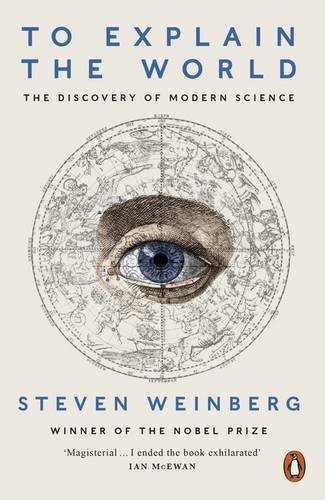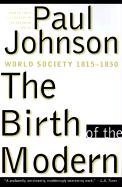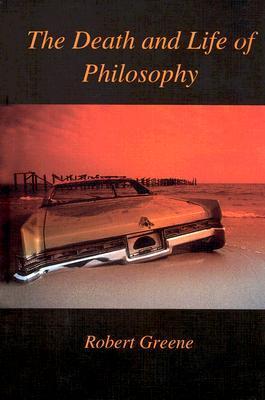
The Modern Mind: An Intellectual History of the 20th Century
Book Description
What if the course of history hinged on the ideas we adopted? Enter the tumultuous landscape of the 20th century, a battleground of intellect and ideology. Peter Watson's 'The Modern Mind' unravels the explosive thoughts and revolutionary philosophies that shaped our world. From existentialism to postmodernism, every chapter reveals the minds that dared to challenge convention, sparking conflicts that resonate to this day. Navigate through a century of chaos, innovation, and brilliance. What were the profound ideas that transformed nations, cultures, and individuality itself? Discover how the modern mind continues to redefine us all.
Quick Book Summary
"The Modern Mind: An Intellectual History of the 20th Century" by Peter Watson provides a sweeping analysis of the key intellectual developments that shaped modern society. This ambitious work explores the major ideas and movements—such as existentialism, psychoanalysis, scientific revolutions, and the birth of postmodernism—that redefined politics, culture, and individual identity in the twentieth century. Watson demonstrates how philosophers, scientists, writers, and artists often clashed and collaborated, sparking progress and turmoil alike. The book captures the spirit of an era marked by innovation and ideological struggle, showing how new concepts in science, psychology, philosophy, and the arts altered the way humans see themselves and the world. Ultimately, "The Modern Mind" traces the profound impact of ideas on the course of history, offering insight into how the twentieth century’s intellectual ferment continues to influence our lives.
Summary of Key Ideas
Table of Contents
The Rise and Clash of Ideologies
The early decades of the twentieth century saw a fierce clash of ideologies, as liberalism, socialism, communism, and fascism vied for dominance. Watson argues that intellectual battles weren’t mere background noise—they were central forces shaping politics and society. Thinkers like Freud, Marx, and Nietzsche challenged traditional authority, while existentialists such as Sartre questioned the very foundation of human meaning. The turmoil of two world wars intensified the ideological contest, provoking both hope for progress and despair in the face of destruction.
Revolutions in Science and Technology
Science experienced radical breakthroughs, upending conceptions of reality and humanity’s place in the world. Einstein’s relativity and quantum theory revolutionized physics, while discoveries in genetics, biology, and chemistry transformed medicine and technology. Watson illustrates how the dialogue between scientific progress and philosophical reflection intensified, as innovations like atomic energy and computer science posed new ethical and existential questions. The 20th century became an age defined by the power and peril of scientific thought.
Psychology, the Self, and Human Nature
The century also marked a profound turn inward, with the rise of psychology transforming understandings of the self. Freud’s psychoanalysis explored unconscious drives and internal conflict, while later developments—including behaviorism and cognitive psychology—sought to map the architecture of the mind. Watson shows how these ideas prompted new attitudes toward individual identity, freedom, and responsibility, shaping everything from therapy to literature, and altering how societies relate to conceptions of normality and madness.
Cultural and Artistic Innovation
Simultaneously, art and culture underwent seismic shifts. Literature and visual arts responded to the disillusionment of war with movements like modernism and surrealism, experimenting with form, meaning, and emotion. Watson traces how artists, writers, and filmmakers used their work both to reflect cultural anxieties and to pioneer new modes of expression. These innovations in aesthetics often paralleled, and sometimes fueled, changes in political and philosophical discourse, contributing to an ongoing dialogue about the role of art in society.
Postmodernism and the Fragmented Mind
As the century waned, certainty gave way to pluralism. The growth of postmodernism reflected skepticism toward grand narratives and universal truths, emphasizing subjectivity, language, and the power of cultural constructions. Watson contends that the modern mind became increasingly fragmented, shaped by a cacophony of perspectives and ideas. This intellectual landscape, while liberating, ushered in new uncertainties, prompting ongoing debates about identity, truth, and meaning that continue to resonate in the twenty-first century.
Download This Summary
Get a free PDF of this summary instantly — no email required.





